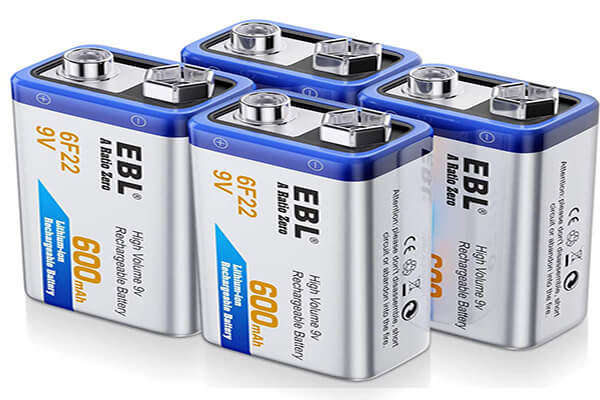HengChuang
Professional Lithium Battery Manufacturer
When it comes to valuation, I want to start with another thing -- the impairment of goodwill.
Some time ago, listed companies are very happy to plan and draw goodwill impairment
Before thinking about valuations, the question is: how long will the lithium-ion batteryindustry last?
I have spoken to a number of researchers in the field, as well as lithium battery materials professionals, about their views on replacing lithium batteries with fuel cells. The story they got from them went something like this:
A: "it'll be all right in three or five years";
B: "the country has invested so much in the field of lithium battery, it will certainly not go on hydrogen energy so soon"; Some even give me an analogy
C: "lead-acid battery is still in use after more than 100 years of history";
...And so on.

The underlying logic of these responses is deeply flawed. The first kind of answer, a bit like the southern song dynasty in history, evaded questions, admitted to being eliminated and muddled along. Hydrogen cars will be hard to commercialize in five years, but what about five years from now? After all, going back five years, back to the beginning of 2014, there were few lithium battery cars on the market .I have no doubt that technological advances tend to exceed our expectations.
If, after five years, hydrogen-powered vehicles can be commercialized, the market pattern is likely to be the co-existence of fuel-powered vehicles, lithium-battery vehicles and hydrogen-powered vehicles. Among them, the disadvantages of lithium battery cars are the most obvious. In other words, these five years may be the last time for lithium battery electric cars. Reflecting on the financial analysis, we can see that all financial data prepared based on the "going concern hypothesis" are open to question.
The second answer, the country has invested so much in lithium batteries that it will not be able to get hydrogen energy so soon," is pretty much self-explanatory.
For example, to small, when the enterprise on the new production line, will be entangled in the original investment in the old production line has not been above the cost? Of course not. It is more about whether the efficiency improvement brought by the new production line can cover the initial investment. On a larger scale, how much subsidy will the state consider to invest in lithium batteries?
As for the third theory, goose catcher agrees: even if the hydrogen energy comes out, the lithium battery will still be used, just as the lithium battery came out and the lead-acid battery will still be used. The point is that without growth -- as in the lead-acid battery industry -- these industries are not going to get high valuations in the market.
So, if you see in the market lithium battery company p/e ratio has been lower, may be really not the market is wrong to kill, but the market is adjusting the valuation method. It's like a company that didn't have a goodwill impairment upfront.(is it a perfect combination of lithium battery and goodwill, and does it feel awkward to talk with each other?)
Finally, a small footnote: it's fine to estimate a p/e based on other valuation methods, such as the DCF, and then calculate a p/e (p/e ratio is easy to understand, after all).After all, p/e valuation and cash flow valuation can be derived from each other under certain assumptions.